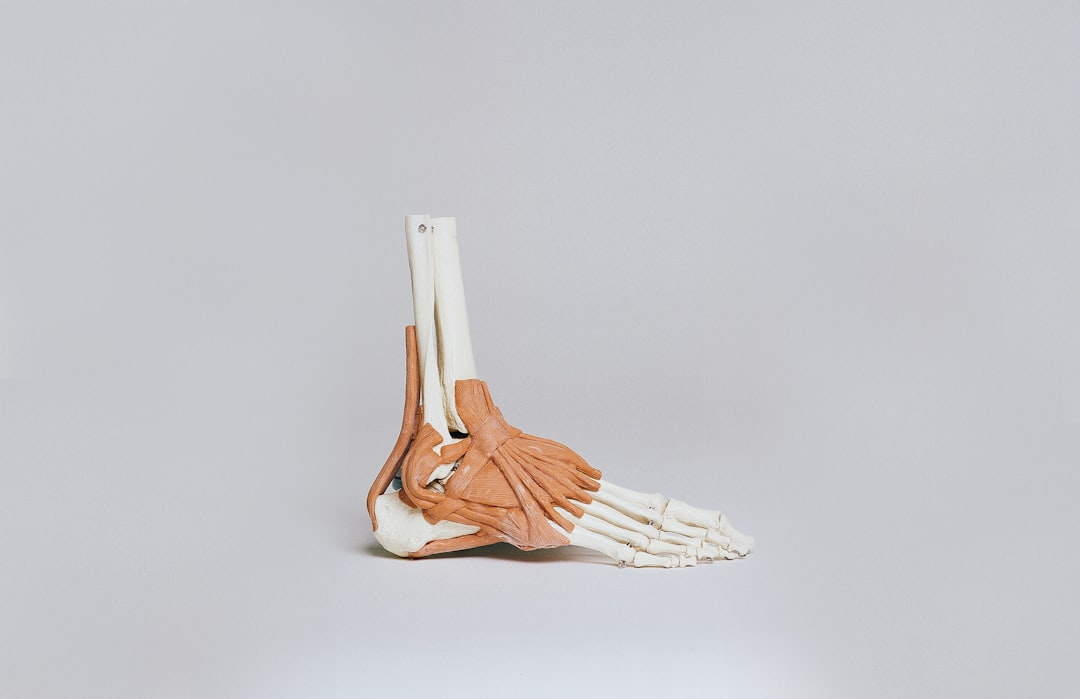Dust filtration plays a critical role in maintaining clean air across various industrial and commercial environments. From manufacturing plants to woodworking facilities, fine particles generated during operations can pose serious health and safety risks if not properly managed. Implementing effective dust control systems not only promotes a safer workplace but also ensures compliance with environmental regulations.
In many industries, airborne dust can originate from multiple sources including cutting, grinding, and material handling processes. These particles, if left unfiltered, may contribute to respiratory problems and reduce the overall air quality of the facility. A well-designed filtration system captures these contaminants before they spread, helping to protect both workers and equipment.
Choosing the right filtration method depends on the type of dust and the specific needs of the operation. Cartridge filters, baghouses, and cyclonic systems are commonly used, each tailored to handle different particle sizes and air volumes. For facilities that generate dry particles, dust filtration systems offer efficient and reliable solutions that trap even the finest materials.
Maintenance is also a vital part of keeping filtration systems running effectively. Filters must be inspected and replaced regularly to prevent clogging and ensure optimal airflow. When systems are neglected, they can become less efficient, leading to increased energy consumption and potential damage to machinery.
Beyond health and safety, dust control has a direct impact on product quality and operational efficiency. Excess dust can contaminate finished goods, interfere with machinery calibration, and lead to costly downtime. Businesses that prioritise air cleanliness often see improvements in employee wellbeing, equipment longevity, and overall productivity.
For organisations looking to implement or upgrade their dust management systems, seeking guidance from experts in air filtration can be invaluable. Companies that specialise in industrial filtration offer insights into the best practices and technologies available, helping tailor solutions to specific operational demands. More information and support can be found through resources like this specialist filtration provider.
As industries continue to evolve and environmental standards grow more stringent, dust filtration remains a key component of sustainable and safe operations. Investing in the right systems today not only ensures compliance but also protects the health of workers and the efficiency of future processes.








